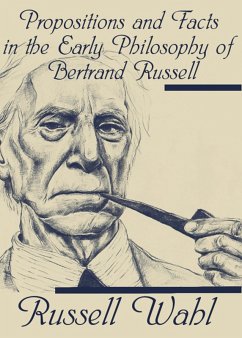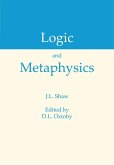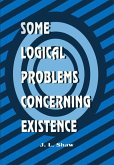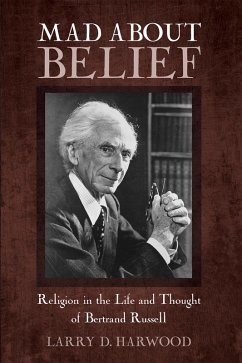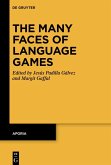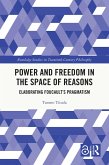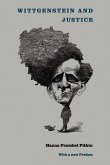It has been said that Bertrand Russell adopted at some time or other during his life every philosophical point of view that has ever been held by anyone. While this is without doubt an overstatement, it is certainly true that he held dramatically differing views on propositions and propositional functions during the years of this study 1900-1920. During this time Russell moved from a view that propositions were among the objects in the world to the view that "propositions are nothing" and oscillated back and forth on the subject of the "separableness" of propositional functions. The sharp changes in these positions are often ignored by current authors, especially those interested in the logical atomism of 1918. This is regrettable, since Russell concentrated a lot of effort on his difficulties with propositions and propositional functions and propositions played a central role in his philosophy and many of his insights were a result of work he did on propositions. Russell's changing positions on propositions and propositional functions were not arbitrary: they were a consequence of some of the most concentrated philosophical thinking he ever did, and fit in well with many of his philosophical views. These problems with propositions and propositional functions have not been adequately studied. Indeed, in a recent work on Russell they were by and large ignored.
This book discusses Russell's difficulties with the notions of proposition, propositional function, and (somewhat later) fact, particularly the role of propositions in Russell's philosophy and in Russell's reasons for thinking propositions unnecessary, and, in fact, an unwelcome addition to ontology.
Dieser Download kann aus rechtlichen Gründen nur mit Rechnungsadresse in A, B, CY, CZ, D, DK, EW, E, FIN, F, GR, H, IRL, I, LT, L, LR, M, NL, PL, P, R, S, SLO, SK ausgeliefert werden.

